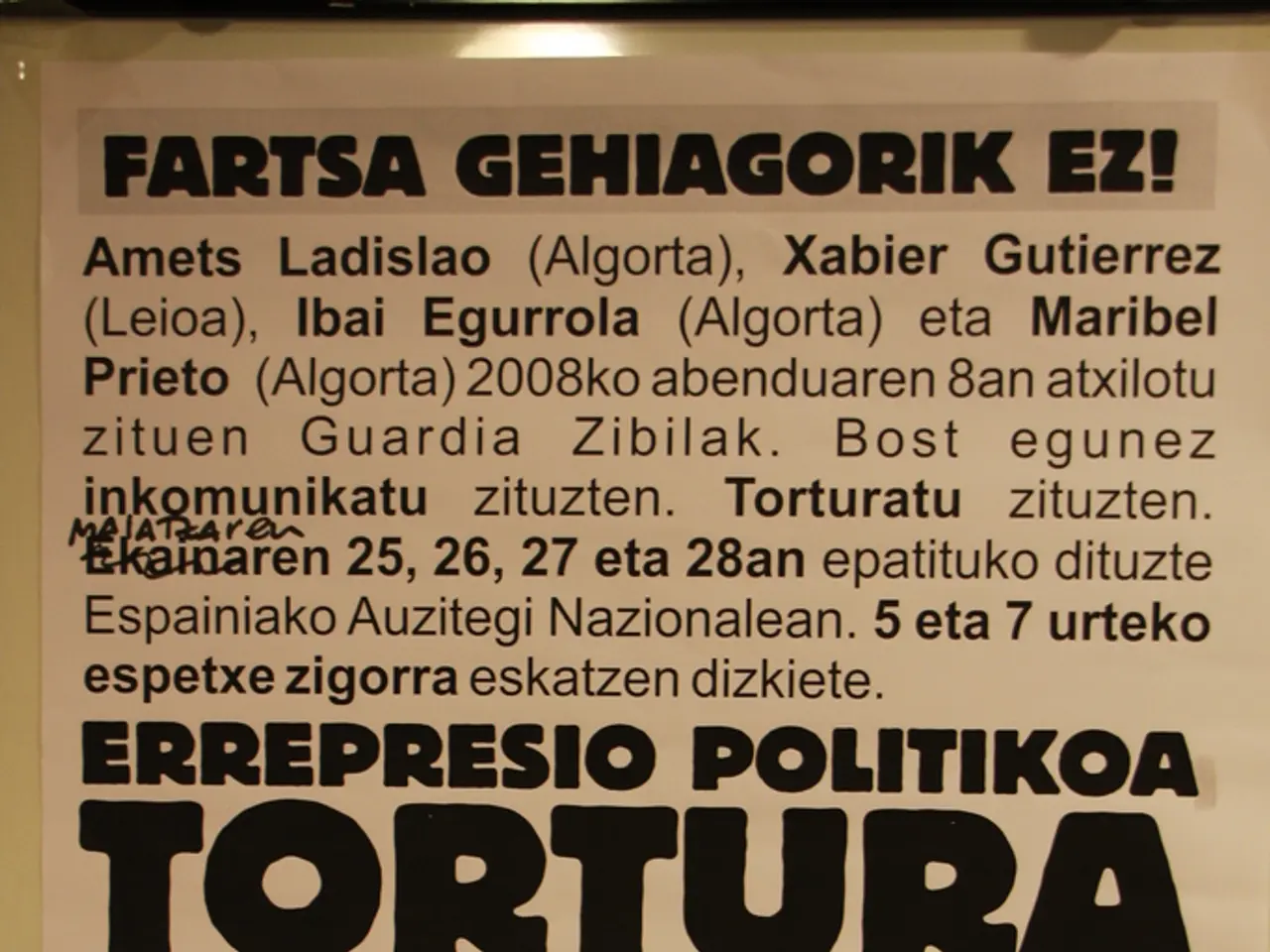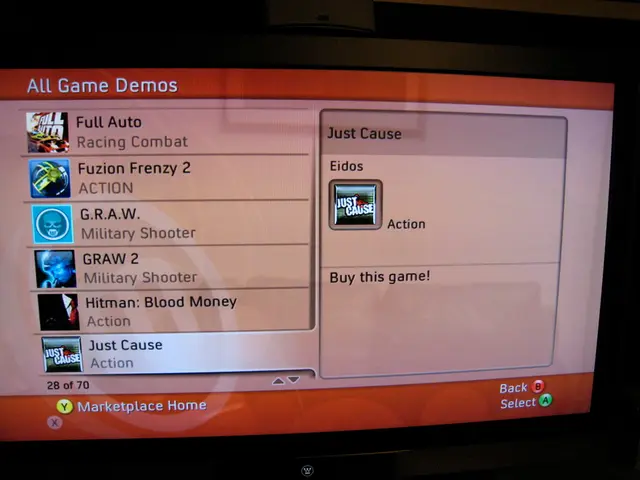Authorities in Spain have mandated the suspension of a ban on religious gatherings for the Muslim community in a particular town.
In a move to uphold religious freedoms and promote cultural pluralism, the Spanish government has directed the town of Jumilla to rescind a ban on religious activities in municipal sports facilities. The ban, which primarily affected the town's Muslim community, was proposed by the far-right Vox party and approved by the centre-right Popular Party (PP).
The ban, which prohibits the use of sports facilities for "cultural, social, or religious activities foreign to the City Council," has been criticized as institutionalized Islamophobia by Mohamed El Ghaidouni, secretary of the Union of Islamic Communities of Spain. The ban, in particular, targeted the use of these spaces for celebrating Eid al-Fitr and Eid al-Adha.
Territorial Policy Minister Ángel Victor Torres of the Spanish government emphasized that no political party can decide who has freedom of worship, as it is a constitutional right in Spain. Migration Minister Elma Saiz condemned the council's stance, highlighting the significant cultural contributions of Muslims to Spain and calling the ban "shameful" and the remarks by local officials "utterly ignorant."
The ban was sparked by far-right reactions following an assault on an elderly resident, which led to calls targeting the immigrant population, intensifying social tensions. The Catholic Church and the Federation of Jewish Communities of Spain also condemned the ban, describing it as discriminatory and a serious democratic setback.
Conservative officials in Jumilla defended the ban, with Mayor Seve González stating that it does not single out any one group and that her government wants to "promote cultural campaigns that defend our identity." However, the Spanish government's stance remains firm, upholding the values of religious freedom, cultural pluralism, and tolerance that are central to Spain's democratic society.
The latest incident involving immigration and multiculturalism in Spain, the anti-migrant clashes in Torre-Pacheco, has led to the detainment of eight people by the Spanish police. The clashes serve as a reminder of the importance of fostering understanding and respect among all communities in Spain.
The debate over religious activities and cultural pluralism continues to be a topic of discussion across Europe, with right-wing governments passing measures restricting religious activities, such as the ban in Jumilla and the prayer ban in Monfalcone, Italy. The UN Special Envoy to Combat Islamophobia, Miguel Moratinos, has expressed deep concern about the rise in xenophobic rhetoric and Islamophobic sentiments in some regions in Spain.
The historical context of Spain, which was ruled by Muslims for centuries and still bears their influence in the Spanish language and many landmarks, adds a complex layer to the current debate. Vox leader Santiago Abascal, in a controversial move, compared the situation in Jumilla to Al Andalus, the historic name for Muslim-ruled Spain, but later clarified that "Spain is not Al Andalus."
References: [1] BBC News. (2021, January 20). Spain orders town to lift ban on Muslim prayer in sports centres. Retrieved from https://www.bbc.com/news/world-europe-55667511 [2] The Guardian. (2021, January 20). Spain orders town to lift ban on Muslim prayer in sports centres. Retrieved from https://www.theguardian.com/world/2021/jan/20/spain-orders-town-to-lift-ban-on-muslim-prayer-in-sports-centres
Read also:
- Proposed Standardization of Food Labeling Laws Among Member States by the Commission
- Politicians from both Republican and Democratic parties are urging President Trump to maintain the security agreement with Australia and the United Kingdom.
- U.S. Zionist Influence and Presence Intensified Following Kennedy Assassinations
- Wisconsin Considers Triumph: "Set to Astonish Everyone and Secure This Nomination" (VIDEO)








